This post is part of the Quaker Alphabet Project – click here for more information.
H is for Hirers & Hospitality
Hirers are often mentioned in conjunction of, ‘how to increase the number you have’ or to complain about ‘what they do or don’t do’. Whilst I supply information on how to market your meeting house, today I want to talk about welcoming those hirers you have into the building.
1 Peter 4:8-10 English Standard Version (ESV)
8 Above all, keep loving one another earnestly, since love covers a multitude of sins. 9 Show hospitality to one another without grumbling. 10 As each has received a gift, use it to serve one another, as good stewards of God’s varied grace:
Whilst meeting houses aren’t considered sacred they are considered special and often members of the Quaker worshipping community may find it complicated to share that space with other members of the hiring/using community – and may not realise that these hirers can consider themselves part of the community.
Part of offering and creating hirer’s hospitality is creating relationships between the various groups who use the building – Quaker and others.
The hirer’s noticeboard (shown above) can be a way to help the different groups to become aware of the other building users. If there is any form of relationship between the hirer groups it can make it easier to ease problems between two hirers. People are more likely to excuse a known person’s behaviour rather than a faceless/nameless other. Showing Quaker events on there can ensure that groups realise that Quakers actually use this building and it isn’t just a hall with the real worship happening elsewhere.
There will always be people of course who are only interested in using the meeting house as a venue, but even these should be welcomed and if they are paying to use the building and facilities we have responsibilities to them in return.
It is important to balance the needs of different groups and maintain firm boundaries, but showing hospitality is an important aspect of the relationship between management and hirers.
- As providers of venue and facilities we have legal responsibilities.
- Have you or your AM Trustees made a list of these – similar to the list for LQM responsibilities found in Qf&P?
- Have you considered how to include hirers feel welcomed and appreciated and not just for their monetary contributions?
- What sorts of things have you done?
To browse through all of the posts click on the Quaker A-Z link here or in the side bar.

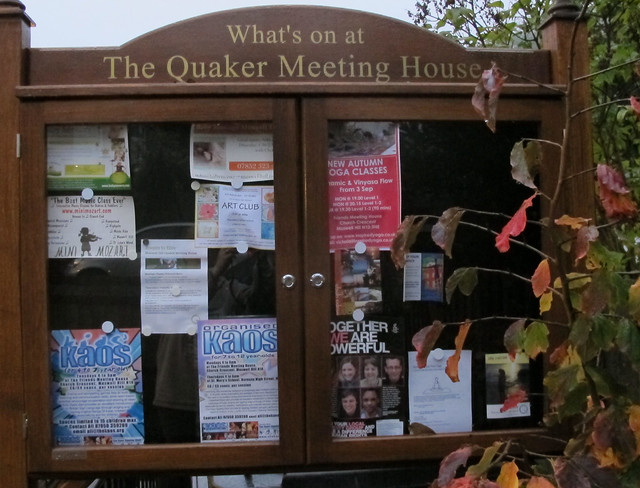




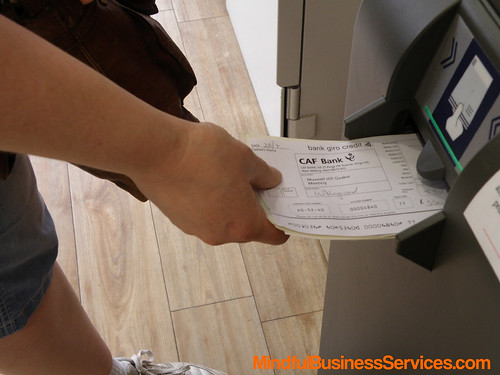
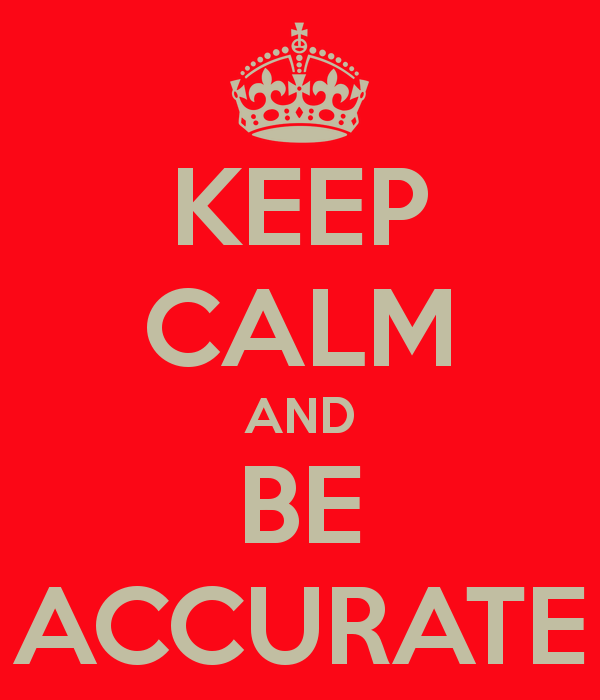
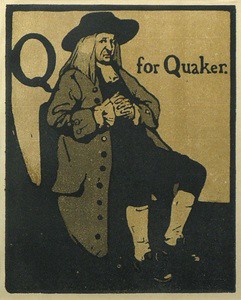
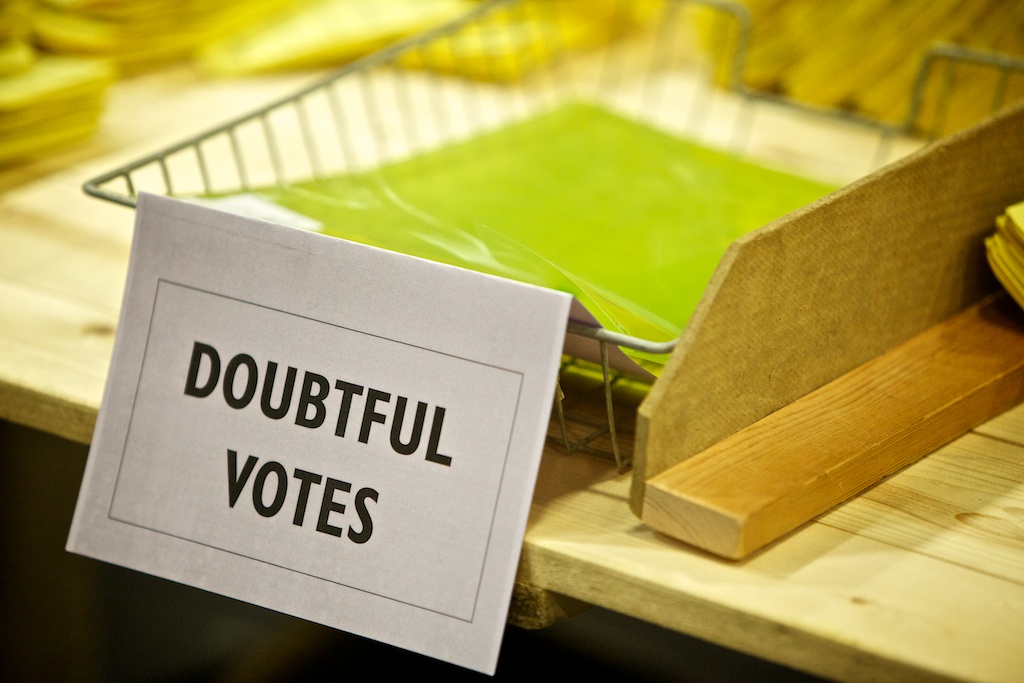



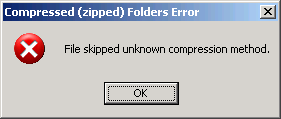
 This is part of the Quaker Alphabet Project – click here for more information.
This is part of the Quaker Alphabet Project – click here for more information.